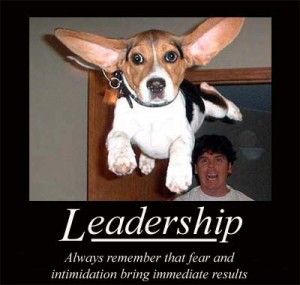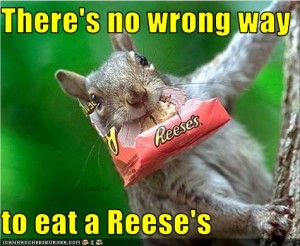That’s what Google is trying to prevent from happening with Google Instant. It’s an understandable concern – who wants to be bombarded with, let’s say “work-inappropriate” images and content accidentally when you’re searching for something much less scandalous? That could be embarrassing.
It all works based on algorithms of the billion+ Google searches people do every day. They go through these searches and figure out if the results seem pornographic, violent or hateful. If they do, then voila – the search term is blacklisted from instant search.
And of course, just because certain search terms are banned from Google Instant doesn’t mean you can’t pull them up on a regular search query. You’re going to have to go through the hard work of hitting the ENTER key, just like in the old days. Google just refuses to read your mind and suggest a term that has been deemed naughty.
Here’s the full list of search terms banned from Google Instant.
It’s a fine line that Google is treading right here – a line between freedom of speech and information, and protecting us (or, as Google reps say, it’s meant to safeguard children) from the obscene. Any kind of censorship is always controversial. Google Instant has brought us a new realm of controversy.
What do you think? Should Google Instant keep adding to the black list, or should they mind their own business?










